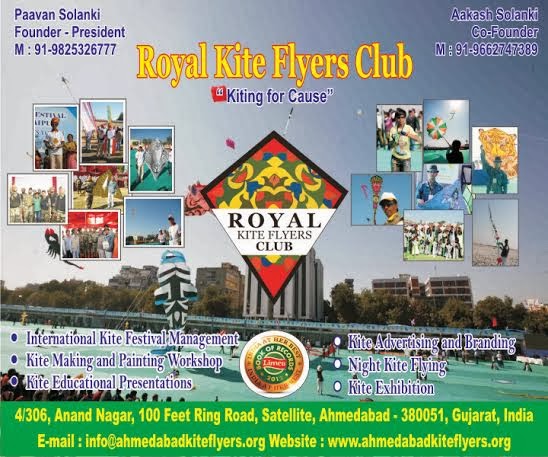 Kite flying is an extremely popular sport in China, India, Japan,
Thailand and several other countries. 'Kite fights' are held in
numerous countries, where kite fighters try to cut competitors' kites
down or tear them if possible. Kite fighters pass their strings through
an amalgam of glue and ground glass powder, making it more potent and
liable to cut the strings of competing kites. This practice can be
hazardous, since the strings also have the potency to injure people.
Kite flying is an extremely popular sport in China, India, Japan,
Thailand and several other countries. 'Kite fights' are held in
numerous countries, where kite fighters try to cut competitors' kites
down or tear them if possible. Kite fighters pass their strings through
an amalgam of glue and ground glass powder, making it more potent and
liable to cut the strings of competing kites. This practice can be
hazardous, since the strings also have the potency to injure people.A kite competition is known as "Gudiparan Bazi" in Afghanistan. Before the start of the war in the country, "Gudiparan Bazi" was a hobby for many Afghans. From the beautiful designs of the kites, which came in several shapes, to the making of the "tar" (wire), it was a matter of prestige to compete for the title of the best kite fighter in the neighborhood. This sport became a means of escapism for Afghans during the troubled times of the war.
In India, the festival of Makar Sankranti is involved with flying kites. Celebrated every January 14, you can see million of kites all over North India. It is particularly popular in the state of Gujarat, where the festival is a public holiday.
The Japan Kite Association organizes a gathering of kite fliers every year at Uchinada. The ""traditional"" festivals here are centered on one geographical area and one type of kite. This festival, however, attracts kites and fliers from all over the country.
The kite-flying event at Weifang, China, attracts competitors from all over China, and some from the rest of the World. This festival witnesses an amazing diversity of handcrafted kites. Numerous international competitors are also present.
The Thai Kite Heritage Group organizes a kite-flying event of international stature every two years on the Royal Palace's polo field. It is no overstatement to call the festival "majestic".

No comments:
Post a Comment